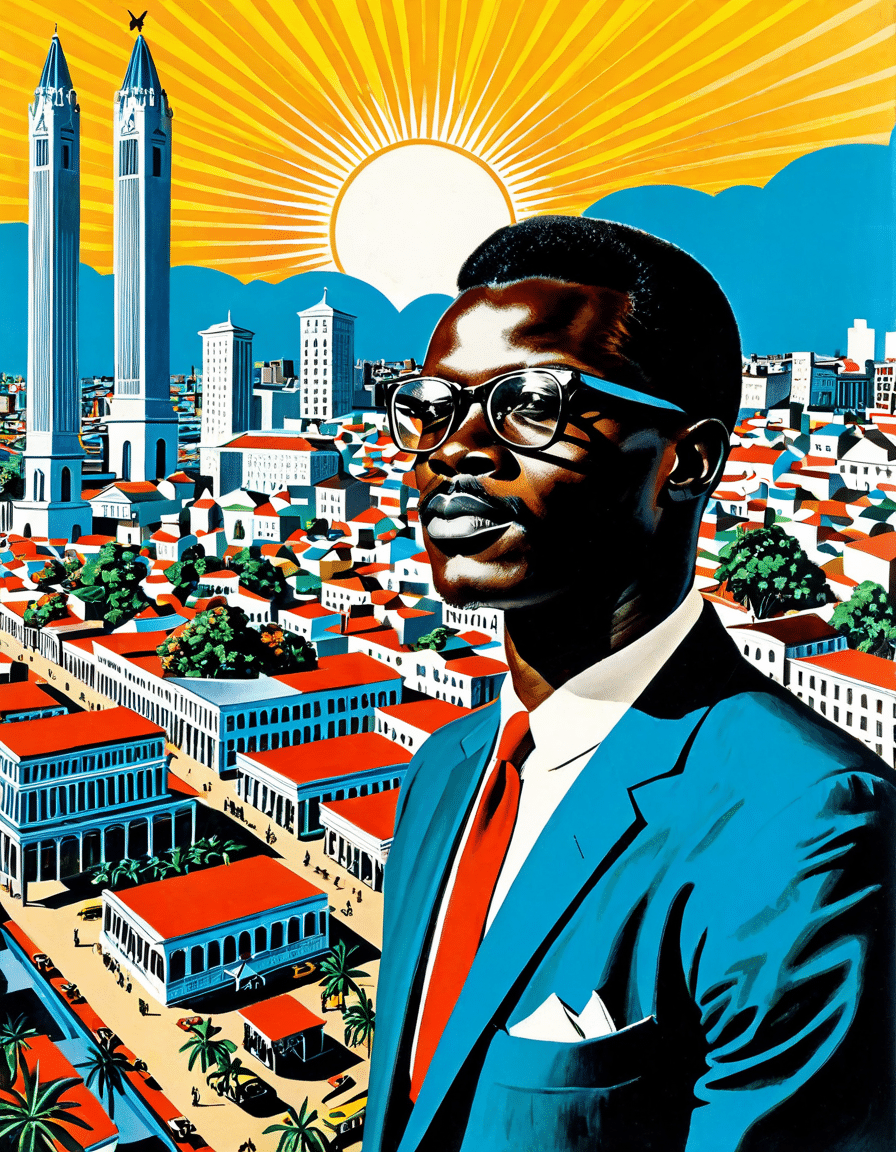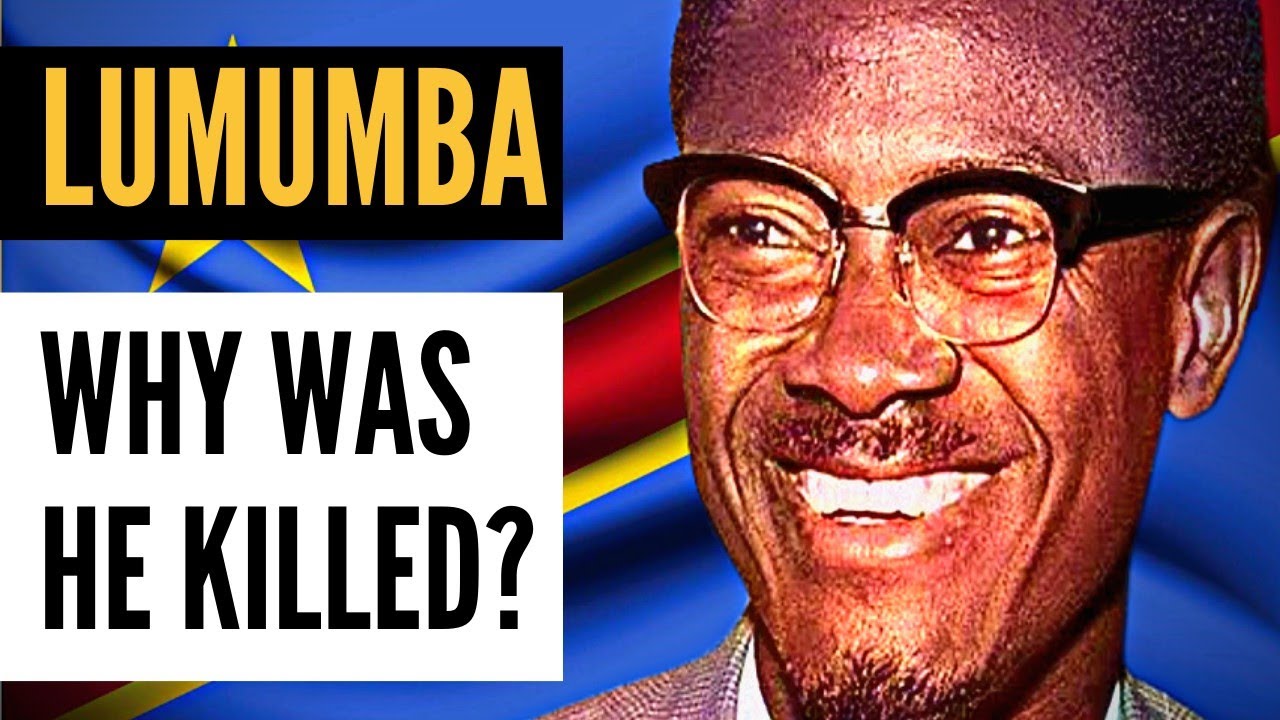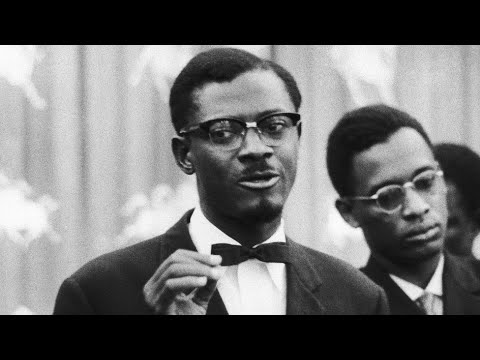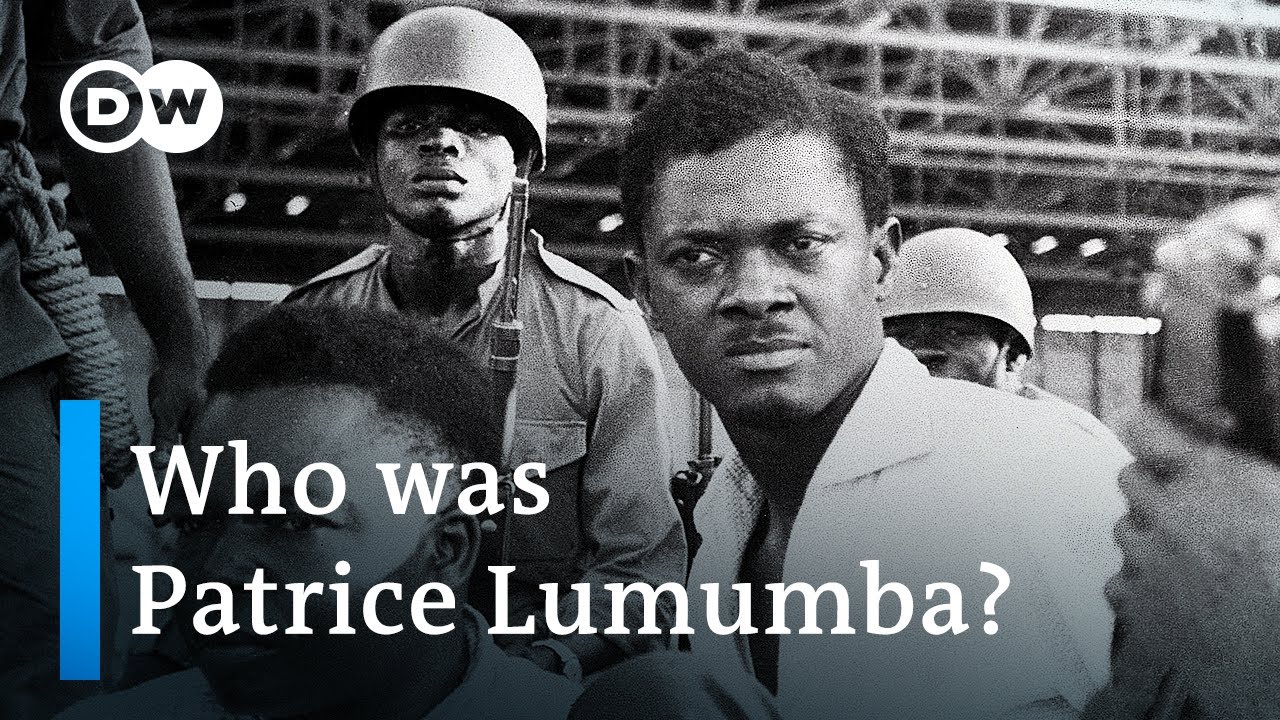1. Understanding Patrice Lumumba’s Legacy in Today’s Political Climate
Patrice Lumumba, the first Prime Minister of the Democratic Republic of the Congo, left an indelible mark on African history. His unwavering calls for dependence from colonial rule and his vision for a unified and democratic Congo continue to inspire contemporary social movements across the continent. In today’s political landscape, rife with corruption and conflict, Lumumba’s ideals resonate sharply, especially when faced with challenges like the rise of extremist groups such as Boko Haram in neighboring Nigeria and other areas.
Lumumba bravely led the Congolese National Movement (MNC) from 1958 until his untimely assassination in 1961. His push for national unity and self-determination echoes through the corridors of the DRC’s politics, reminding today’s leaders and citizens of the courage needed to resist tyranny. As various nations grapple with their histories of colonialism and exploitation, Lumumba’s ideals serve as a poignant reminder of the price of freedom and the ongoing struggles for empowerment.
The legacy of Patrice Lumumba doesn’t merely reflect the past; it informs the present. His call for unity against external pressures and internal discord highlights the ongoing challenge among African nations to forge a strong national identity while combating divisive politics and violence. In so many ways, Lumumba embodies the spirit of resilience that many African leaders and activists now invoke in their fight against modern-day forms of colonialism—economic, political, and cultural.
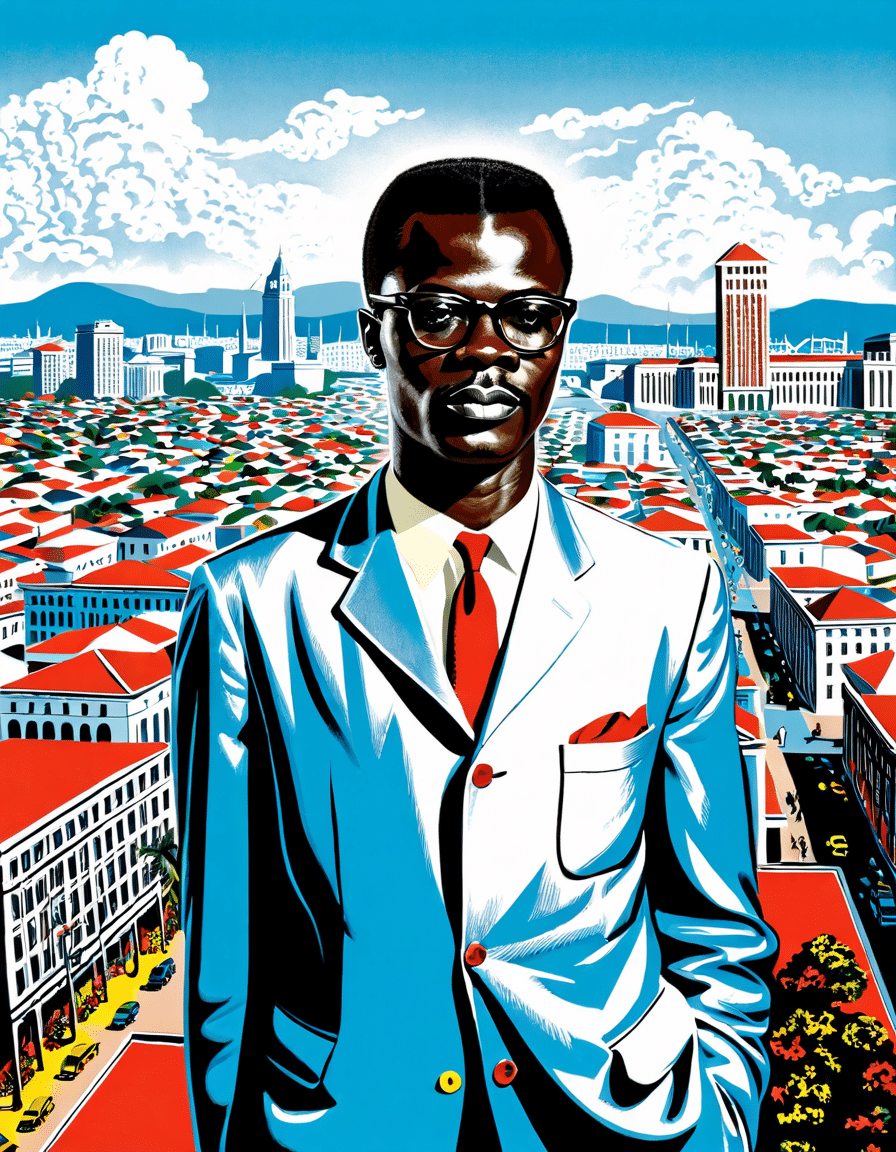
2. Top 5 Lessons from Patrice Lumumba’s Leadership
3. The Tragic Downfall: An Analysis of Lumumba’s Assassination
The grim circumstances surrounding Patrice Lumumba’s assassination on January 17, 1961, reveal the harsh realities of political vulnerability. With the Cold War in full swing, Lumumba’s vision clashes with the interests of both Western governments and his domestic opposition. Notably, classified CIA documents suggest that American officials, wary of Lumumba’s growing influence and socialist agenda, played a role in his ousting from power. They allegedly bribed Congolese President Joseph Kasa-Vubu to dismiss Lumumba, setting the stage for a coup that would ultimately lead to his death.
Tensions increased as Lumumba accused Belgium and other European nations of exploiting Africa during his speeches. This brave stance displeased many, especially those in power. Ultimately, he was assassinated by an assassin hired by the Belgian government. Such actions illustrate how foreign interests often leverage internal conflicts to achieve their ends and reflect ongoing challenges in the DRC’s political landscape today.
Lumumba’s assassination had far-reaching effects. It not only created a power vacuum that led to chaos and civil unrest in Congo but also sparked discussions regarding the ethical implications of foreign intervention in African affairs. As the DRC struggles to build a stable government, the shadow of Lumumba’s fate looms, reminding both leaders and citizens of the cost of freedom and the necessity of a united front.
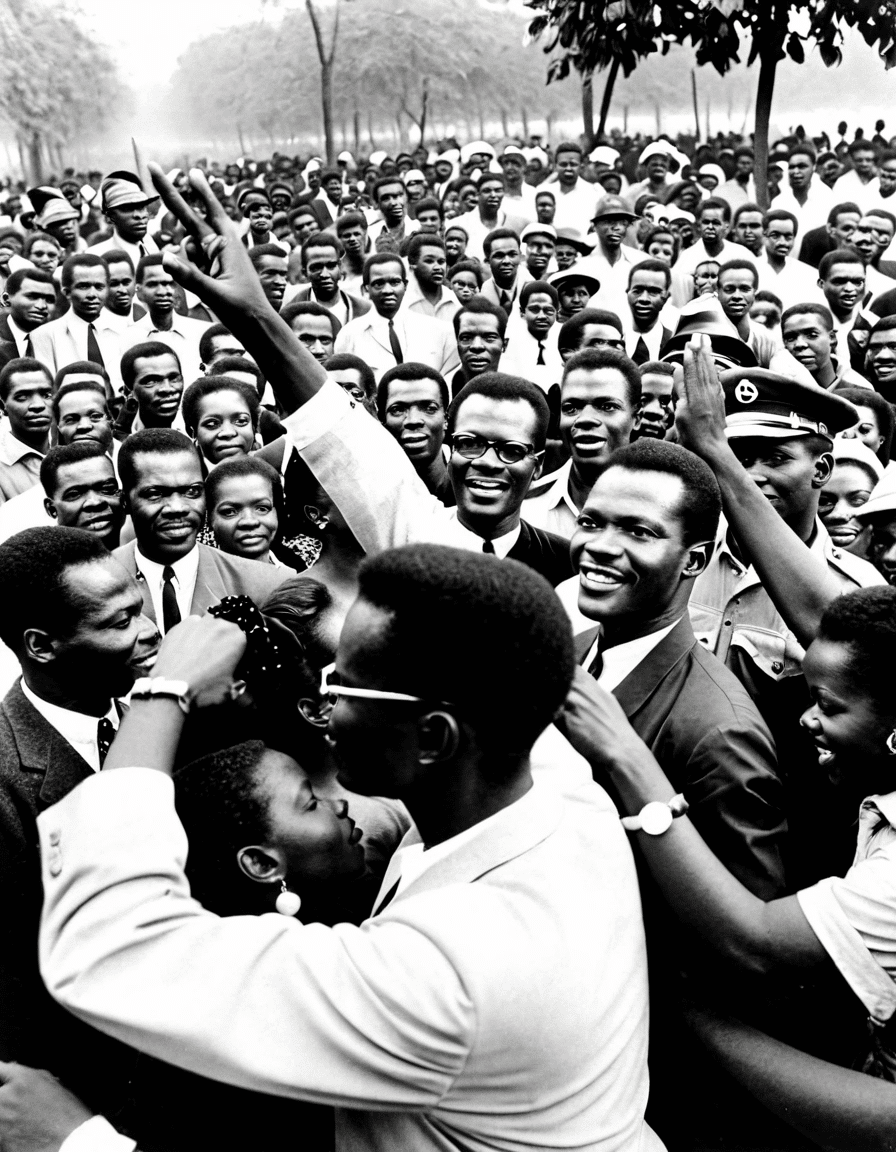
4. The Continued Fight for Freedom: Current Challenges in the DRC
Fast-forwarding to today, the Democratic Republic of the Congo continues to grapple with issues that echo Lumumba’s struggles. Political instability, human rights abuses, and corruption plague the landscape. With ongoing conflicts fueled by resource exploitation and foreign interests, the DRC’s fight for true democracy remains fraught with challenges.
The recent emergence of violent movements, inspired by tactics of groups like Boko Haram, further complicates the situation. These elements threaten to exacerbate the existing divisions within the nation, which Lumumba sought to bridge. As various factions vie for power, the lack of a cohesive strategy hampers meaningful progress toward a democratic future.
In spite of these struggles, Lumumba’s legacy serves as a guiding light when advocating for change in the DRC. Increasingly, civil society groups and activists are calling for reforms rooted in the values of justice and national unity – two principles Lumumba held dear. For many citizens, the quest for democracy, reminiscent of Lumumba’s vision, is a morally essential endeavor.
5. The Call for a New Lumumbist Movement
Reflecting on Lumumba’s struggles and sacrifices, there’s an urgent call for a contemporary movement that embodies his principles of unity, justice, and nationalism. The world has changed since Lumumba’s time, but the core challenges remain the same. A “New Lumumbist” movement could address these socio-political problems by engaging young leaders and communities passionate about effecting change.
By leveraging technology for democratic engagement, movements can reach wider audiences and mobilize grassroots support. Contemporary educational initiatives grounded in Lumumba’s vision can inspire a new generation, encouraging young people to become agents of change in their communities. Additionally, fostering grassroots activism can create tangible impacts, offering citizens direct avenues to influence policies and governance.
In conclusion, Patrice Lumumba’s fight for Congo’s freedom resonates far beyond historical boundaries. His legacy serves as a powerful reminder that ordinary individuals hold the power to overthrow oppressive regimes and combat division. As current leaders, activists, and citizens reflect on Lumumba’s contributions, they are reminded that true freedom demands courage, unity, and an unwavering commitment to justice. The ongoing journey toward a bright future in the DRC reflects not just the shadows of the past but the promising spark Lumumba ignited—a call to action that remains as potent today as it was for him in 1961.
Patrice Lumumba: The Heroic Fight for Congo’s Freedom
A Trailblazer in History
Patrice Lumumba was more than just a leader; he was a symbol of hope for the Congolese people. After Congo gained independence from Belgium in 1960, Lumumba quickly rose to become the nation’s first Prime Minister. Sadly, his tenure was cut short by political turmoil and foreign interference. But did you know that Lumumba’s ambition to unite the Congo mirrors the creative drive behind musical legends? For example, a talent like Richard Carpenter has captured hearts globally, much like Lumumba did in the realm of politics. His commitment to Congo’s freedom remains an inspiration. Interestingly, if you compare Lumumba’s loyalty to his country to the fierce loyalty of sports fans, it’s a powerful reminder of how passionate communities can rally behind a cause—similar to how fans support teams like the Heavyweights.
Lasting Legacy and Cultural Impact
Lumumba’s legacy continues to resonate, making him a prominent figure in discussions around freedom and self-determination. Just like influential moments in cinema capture the struggle for justice, such as scenes from the Shawshank Redemption cast, Lumumba’s story reminds us that perseverance often drives monumental change. His speeches ignited a fire in many, and even today, leaders reference his courage. Fun fact: the unity Lumumba sought among the diverse tribes of Congo is akin to how various musical genres blend to create something special, much like Newtones evocative soundscapes that draw listeners in.
The Global Ripple Effect
The impact of Patrice Lumumba extended beyond Congo, influencing liberation movements across Africa and the globe. Sometimes, it takes a bold step, like the ones in sports—think of athletes like LeBron James, who inspires many with his leadership on and off the court in the Lebron Witness 6 series. Lumumba’s fight brought international attention to issues of colonialism and governance, just as Z’Darius Smith and other athletes shine a light on social justice today. His resistance against neocolonial forces mirrors struggles in modern society, reminding us that while times may change, the spirit of freedom never fades.
Patrice Lumumba’s courageous efforts to secure freedom for Congo and his impact on the world continue to be a testament to the enduring quest for equality and justice.
